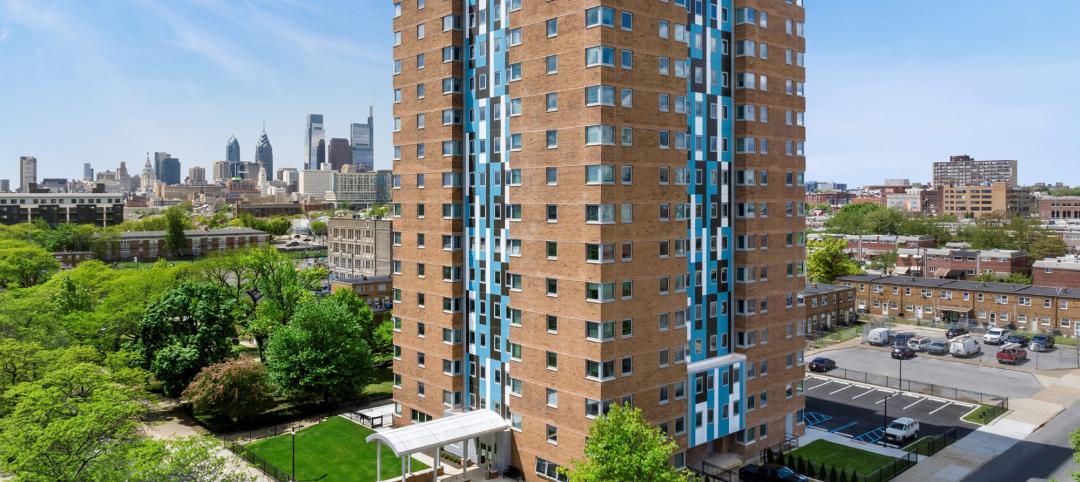The recent approval of the Southern Pine Inspection Bureau’s (SPIB) new design values for visually graded Southern Pine lumber by the American Lumber Standard Committee (ALSC) Board of Review has generated more questions among producers and customer groups.
The Southern Forest Products Association (SFPA) facilitated a task group of industry leaders representing key customer groups to develop answers to the most commonly asked questions regarding new design values and their implementation. This new collection of questions and answers is now available at www.southernpine.com.
SPIB issued Supplement No.9 to the 2002 Standard Grading Rules for Southern Pine Lumber providing new design values effective June 1, 2012.
The only design values that will change on June 1 apply to visually graded Southern Pine and Mixed Southern Pine sized 2 to 4-in-wide and 2 to 4-in-thick (2x2s through 4x4s) in No.2 and lower grades (No.2, No.3, Stud, Construction, Standard and Utility).
What about dense and nondense lumber? What about prime lumber grades? What happens between now and June 1?
These are among the new questions answered in SFPA’s updated web pages. A helpful table is included listing the new design values for Southern Pine and Mixed Southern Pine, effective June 1, 2012.
Answers address transition issues, how to obtain similar load-carrying capabilities, and why only some grades and sizes are affected at this time. More than two-dozen questions are answered in this updated collection, including a supplemental set of questions with answers providing important background information on this issue.
“The effective date of June 1 allows for an orderly transition to the new design values,” says Cathy Kaake, SFPA’s senior director of engineered and framing markets. “These answers address the most common questions raised since the ALSC’s decision earlier this month,” she adds.
The Southern Forest Products Association (SFPA) continues to facilitate the dialog about new design values and their implementation. Between now and June 1, SFPA will provide more information as it becomes available; check www.southernpine.com frequently for updates. BD+C
Related Stories
Regulations | Oct 4, 2023
New York adopts emissions limits on concrete
New York State recently adopted emissions limits on concrete used for state-funded public building and transportation projects. It is the first state initiative in the U.S. to enact concrete emissions limits on projects undertaken by all agencies, according to a press release from the governor’s office.
Architects | Oct 4, 2023
Architects and contractors underestimate cyberattack risk
Design and construction industry firms underestimate their vulnerability to cyberattacks, according to a new report, Data Resilience in Design and Construction: How Digital Discipline Builds Stronger Firms by Dodge Construction Network and content security and management company Egnyte.
Luxury Residential | Oct 2, 2023
Chicago's Belden-Stratford luxury apartments gets centennial facelift
The Belden-Stratford has reopened its doors following a renovation that blends the 100-year-old building’s original architecture with modern residences.
Giants 400 | Oct 2, 2023
Top 30 Data Center Architecture Firms for 2023
Corgan, HDR, Gensler, Page Southerland Page, and HED top BD+C's ranking of the nation's largest data center sector architecture and architecture/engineering (AE) firms for 2023, as reported in Building Design+Construction's 2023 Giants 400 Report.
Market Data | Oct 2, 2023
Nonresidential construction spending rises 0.4% in August 2023, led by manufacturing and public works sectors
National nonresidential construction spending increased 0.4% in August, according to an Associated Builders and Contractors analysis of data published today by the U.S. Census Bureau. On a seasonally adjusted annualized basis, nonresidential spending totaled $1.09 trillion.
K-12 Schools | Oct 2, 2023
4 design strategies for successful K-12 magnet schools
Clark Nexsen's Donna Francis, AIA, Principal, and Becky Brady, AIA, share four reasons why diverse K-12 magnet schools require diverse design.
Architects | Sep 28, 2023
Nashville architecture firm ESa adds 14 principals
ESa has announced that 14 new principals have been added to the firm’s leadership. “As ESa continues to grow, we are excited to celebrate our newest ESa principals. These individuals embody the characteristics of a quality leader and have shown great leadership in client and team member relationships, project management and mentoring roles,” said Kevin Harney, ESa vice president and principal.
Construction Costs | Sep 28, 2023
U.S. construction market moves toward building material price stabilization
The newly released Quarterly Construction Cost Insights Report for Q3 2023 from Gordian reveals material costs remain high compared to prior years, but there is a move towards price stabilization for building and construction materials after years of significant fluctuations. In this report, top industry experts from Gordian, as well as from Gilbane, McCarthy Building Companies, and DPR Construction weigh in on the overall trends seen for construction material costs, and offer innovative solutions to navigate this terrain.
University Buildings | Sep 27, 2023
Top 170 University Building Architecture Firms for 2023
Gensler, CannonDesign, Page Southerland Page, SmithGroup, and Ayers Saint Gross top the ranking of the nation's largest university sector architecture and architecture/engineering (AE) firms, as reported in Building Design+Construction's 2023 Giants 400 Report.
Affordable Housing | Sep 25, 2023
3 affordable housing projects that serve as social catalysts
Trish Donnally, Associate Principal, Perkins Eastman, shares insights from three transformative affordable housing projects.

















